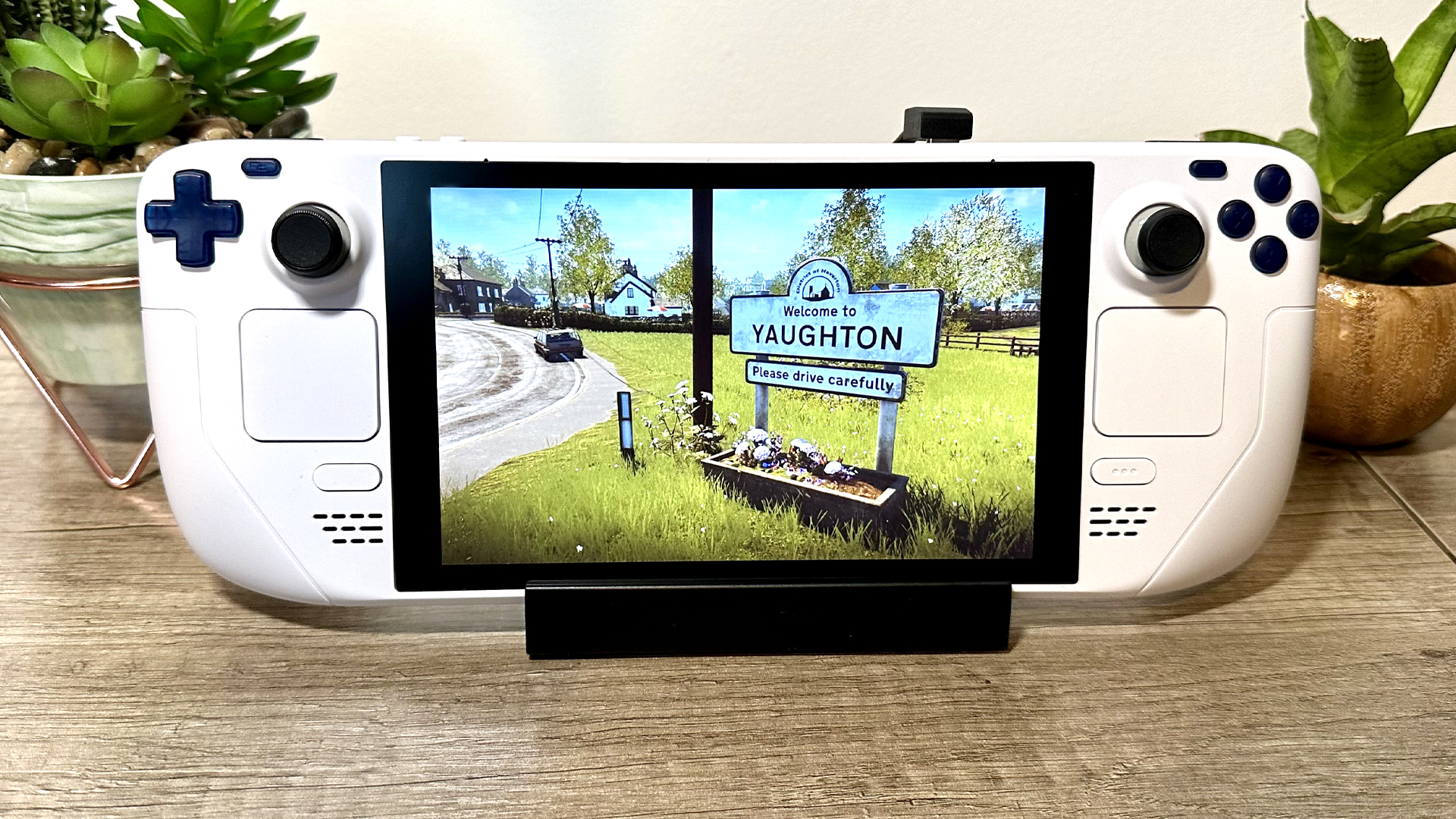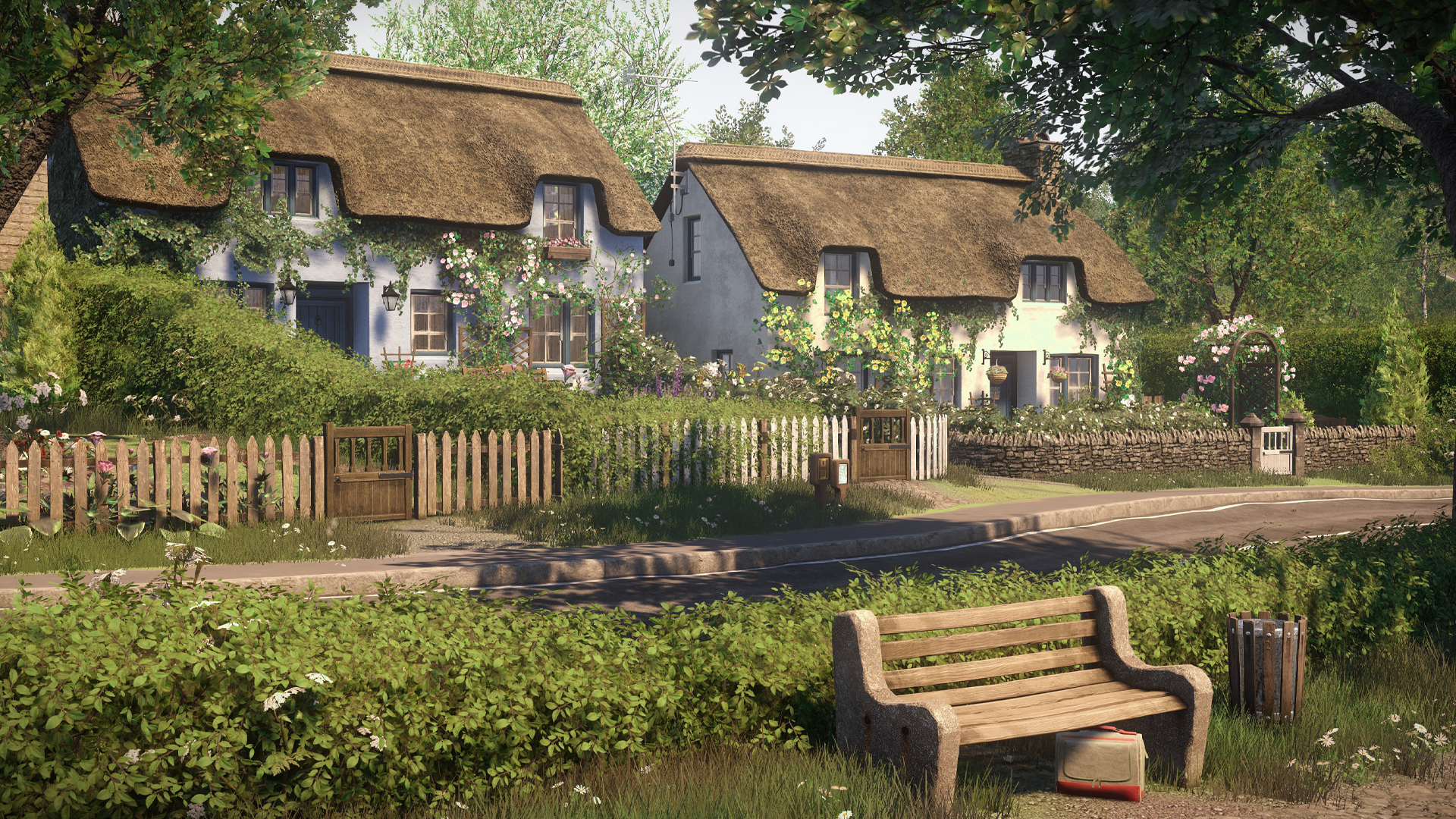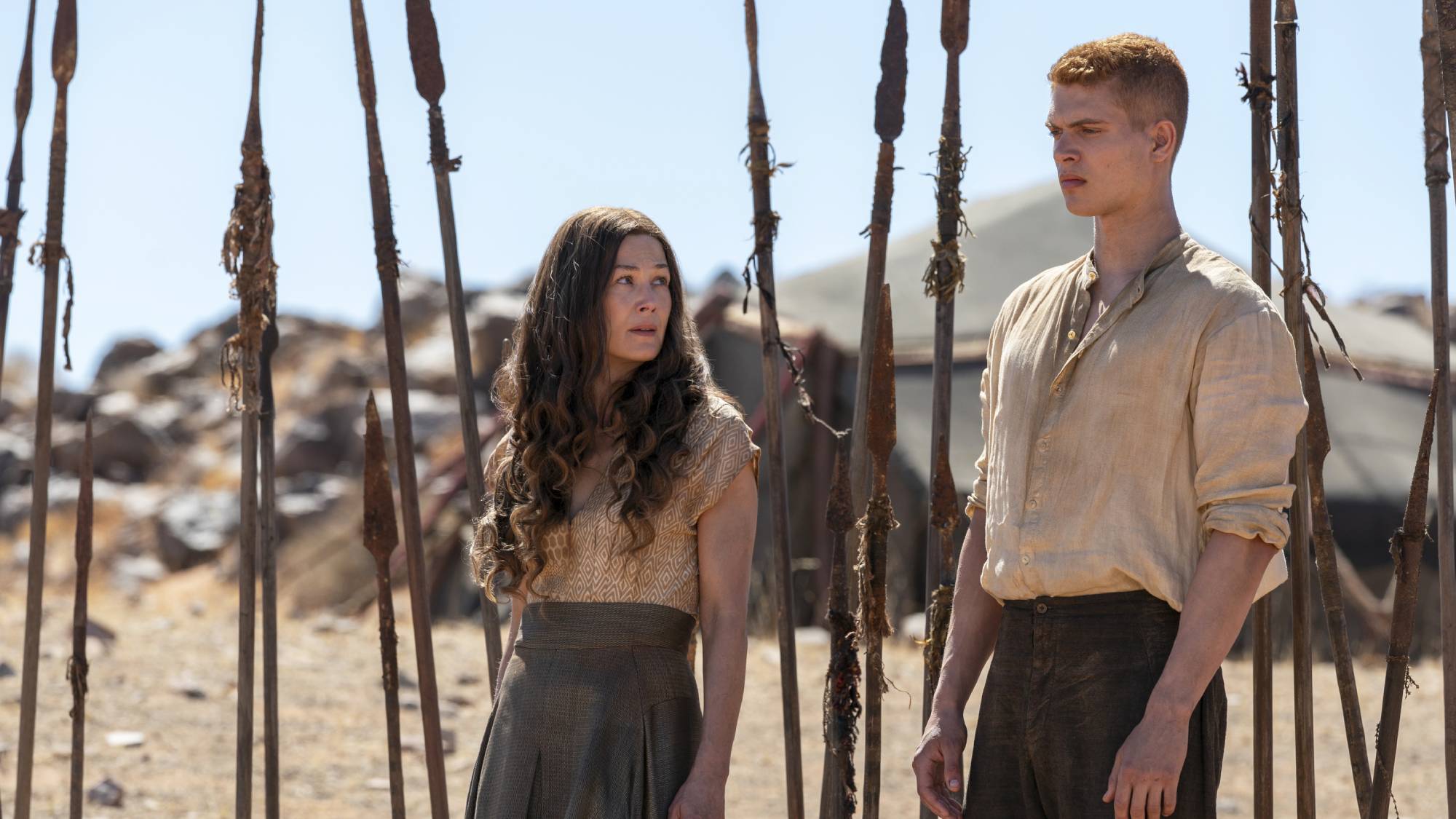How the best looking game on Steam Deck helped me deal with the death of my dad
Everybody’s Gone to the Rapture is an extraordinary game about loss

Welcome! This column is part of a series in which members of the Tom's Guide staff share what they're playing and enjoying right now, with the goal of helping you find great games that you may have missed. Be sure to check out our previous entry, where we talked about Cyberpunk 2077 and its latest expansion.
There’s no getting around this: the following is going to be quite an upsetting (but hopefully cathartic) read for anyone out there who has lost a loved one in recent years.
A couple of weeks ago marked the eighth anniversary of the passing of my old man, and it got me reminiscing about a game I was playing during his final days that (in part) helped with the immediate grieving process.
Said game is Everybody’s Gone to the Rapture. Developed by The Chinese Room, and this mournful and melancholic walking sim is set in a quaint English village where every single inhabitant has mysteriously disappeared.
It’s a game where a sense of grief perpetually floats through the air. As your unnamed protagonist ambles around the deserted streets of the fictional Shropshire town of Yaughton, you’ll frequently encounter then track down a series of human-shaped lights. These glowing orbs can be followed and eventually lead to conversations between what you have to assume are the recently departed spirits of Yaughton’s locals, following the game’s titular, mysterious "rapture."
Initially released on PS4 back in 2015, Everybody's Gone to Rapture was a remarkable looking game for its time. And it still is.
Initially released on in August 2015 for PS4, Everybody's Gone to Rapture was a remarkable looking game for its time. It’s also a title that holds up remarkably well on Steam Deck, and can comfortably be played at a locked 40 fps if you dial down the handheld PC’s refresh rate slider.
Not only does it have the most photorealistic pub I’ve ever seen in a video game, but every inch of Yaughton feels believable. Whether you’re exploring an abandoned garage with half repaired cars and oil spills splattering the floor or thoroughly lived-in cottages, this is a game that has an uncanny ability for eking out small graphical details that make its picturesque British village feel effortlessly authentic.
It was an extraordinarily attractive game on Sony’s console all those years ago, and such is the visual fidelity on display even to this day, I’d argue it’s just about the best looking game on Steam Deck in 2023.
A healing hand

Forget graphics, though. What I’ll forever associate Everybody’s Gone to the Rapture with is the death of my dad. The game launched just weeks before his passing; an 18-month battle with stage 4 bowel cancer eventually taking him from me.
After spending at least four hours in hospital with dad every day for a fortnight, going home to play a game that tells the tale of a catastrophic event where you’re privy to the ethereal interactions of relatable townsfolk in the their final moments was beyond cathartic.
Whether listening to a busybody who can’t stop spreading gossip or listening to the increasingly strained yet still tender relationship between Dr. Kate Collins and her husband — the individuals responsible for the game’s apocalyptic event — this is a game packed with personality on an immediately relatable human scale.
To distract myself during the worst couple of weeks of my life, I’d play The Chinese Room’s walking simulator for hours every night.
To distract myself during the worst couple of weeks of my life, I’d play The Chinese Room’s deeply atmospheric walking simulator for hours every night. Even though it’s a short game, I’d take my time basking in the eerie peace of wandering around beautiful virtual fields and farmland. It was the tonic my soul needed after spending hours in a cancer ward day after day.
We’ve all had to deal with death in some form or fashion. Some people turn to religion to cope, others the bottom of a bottle. In my case, I spent a solid week replaying Everybody’s Gone to the Rapture several times to unlock its Platinum trophy to take my mind off an excruciatingly personal loss.
Video games, just like the best movies, books and TV shows can provide wonderful forms of escapism. And during the darkest days we’ll all inevitably face at some point in our lives, losing yourself in fiction can be the most healing form of medicine to cope with deep-seated trauma.
More from Tom's Guide
Sign up to get the BEST of Tom's Guide direct to your inbox.
Get instant access to breaking news, the hottest reviews, great deals and helpful tips.

Dave is a computing editor at Tom’s Guide and covers everything from cutting edge laptops to ultrawide monitors. When he’s not worrying about dead pixels, Dave enjoys regularly rebuilding his PC for absolutely no reason at all. In a previous life, he worked as a video game journalist for 15 years, with bylines across GamesRadar+, PC Gamer and TechRadar. Despite owning a graphics card that costs roughly the same as your average used car, he still enjoys gaming on the go and is regularly glued to his Switch. Away from tech, most of Dave’s time is taken up by walking his husky, buying new TVs at an embarrassing rate and obsessing over his beloved Arsenal.
